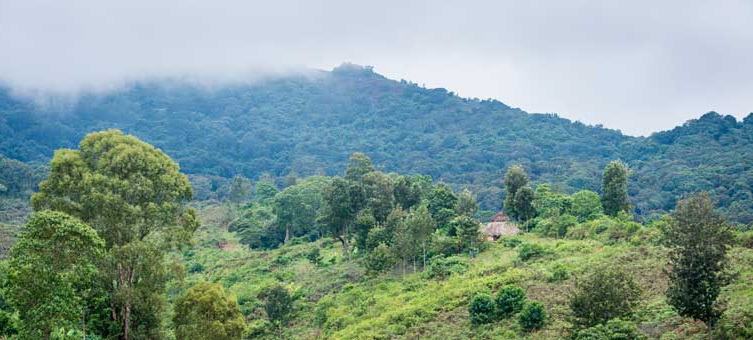
ADDIS ABABA – The Environmental and Forest Study Institute has disclosed that the national seedlings planting project that is expected to cover total of one million hectare of land will increase the forest cover by over one percent and result in multitudes of economic, socio-cultural, and political significances.
Adefres Werku (PhD), Environment and Climate Change Expert at the Institute, told The Ethiopian Herald that the current project would raise the contribution of forestry to the national economy. Forestry has been contributing twelve percent of the total Gross Domestic Product (GDP) of the country, he said.
Adefres said that increase of the forest cover has multitudes of significances. It would play part in curbing the desert expansion in the Sub-Saharan Africa. It would also escalate the water capacity of the country, prevent natural disasters that arise due the expansion of desert which is the recurring problem in the Sub-Saharan Africa.
The project also would solve the geopolitics among the African countries in sharing the Nile River for 85 percent of its water springs from the Ethiopian Highlands, as to him.
According to him some rivers from the Bale and Arsi highlands flow to Somalia. The different rivers such as Genale, Dawa, Wabishebele, and weyb which originate from the mountains would provide sufficient amount of water for local and international consumptions if there is enough amount of rain falls on the mountains.
“The project would increase the water volume of the Nile River. It would help increase the Hydro-Electric Power (HEP) generated by the dams in the country,” he added.
The expert further explained the religious and cultural values of forest in Ethiopia. “The different churches and monasteries of Ethiopian Orthodox Christian Church are built in the forests. The different religious ceremonies such as Gadaa also value forest. The different trees in the forest would serve as food and medicine too,” he pointed out.
Tatek Dejene (PhD), President of Ethiopian Forestry Society, on his part, said that the project would protect dams, lakes and rivers from being filled by delta and in turn save them from drying since forests prevent soil erosion. “It also protects the wild life and generates income for the tourism sector,” he said Tatek added that forest protects natural disasters such as flood besides improving the soil fertility, which could result in increasing of crop productivity. “In general, trees play an irreplaceable role in balancing the eco-system. Trees are inextricably interwoven to our livelihood,” he said.
“Every citizen needs to contribute his/her part for the successful accomplishment of the project since it is one way of creating a better Ethiopia,” he advised.
The Ethiopian Herald July 2/2019
BY GETAHUN LEGESSE





